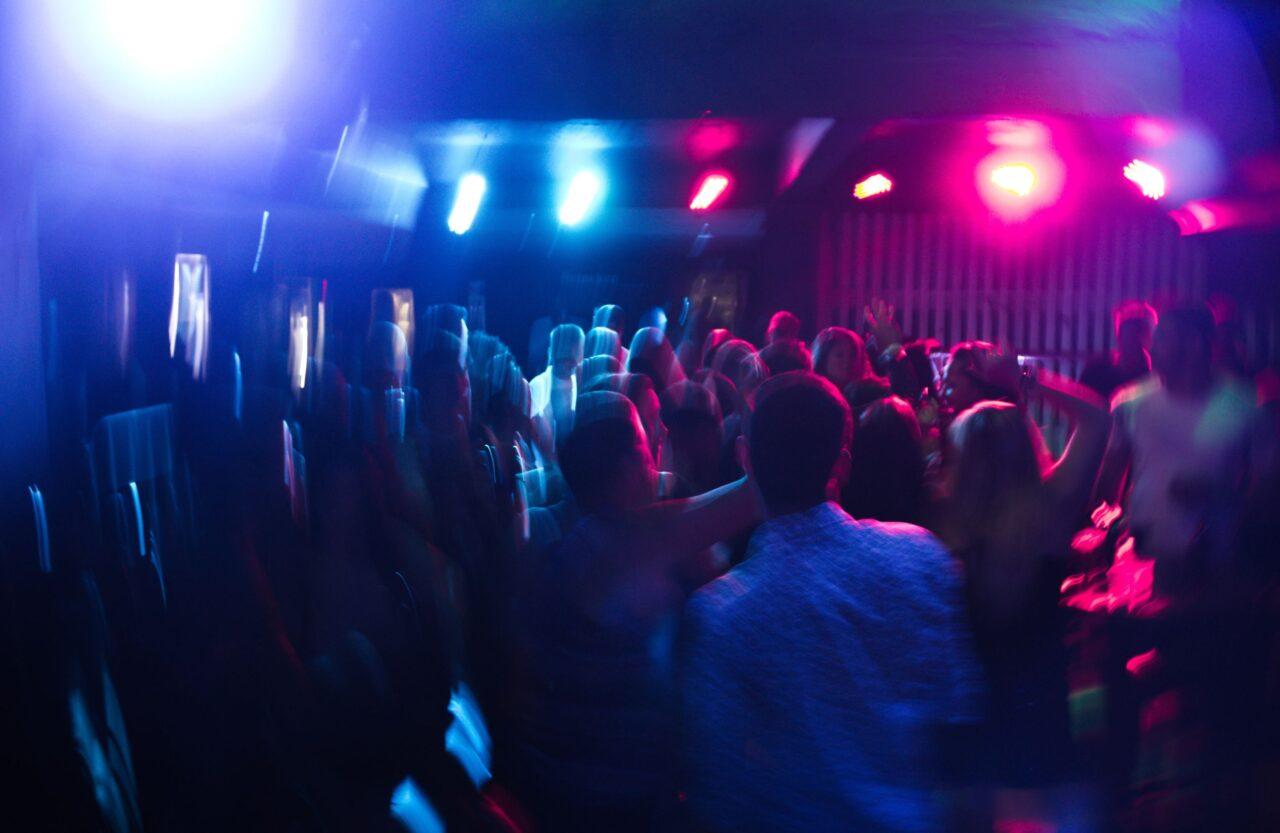Binge drinking is a serious problem in America. The Centers for Disease Control and Prevention (CDC) calls it “the most common, costly, and deadly” type of drinking in the United States. A 2021 survey showed that 60.0 million people ages 12 and older (21.5% in this age group) reported binge drinking in the past month.
What is Binge Drinking?
Binge drinking is a pattern of excessive alcohol use when a person drinks enough in a short time to bring their blood alcohol concentration (BAC) up to 0.08%, the percentage of legal impairment. For most men, this means having five drinks in two hours, or only four for most women.
Binge drinking isn’t the same as alcoholism or Alcohol Use Disorder (AUD) – alcoholics have a physical dependence on alcohol, but binge drinkers may not. However, those who binge drink regularly DO have a higher likelihood of developing an addiction to alcohol.
What are the Risks of Binge Drinking?
In addition to AUD, binge drinking raises other risks, such as injuries, violence, pregnancy complications, sexually transmitted diseases, memory problems, chronic diseases, cancer, and substance overdoses. More than 140,000 people die from excessive alcohol use in the U.S. each year.
A binge drinker may see their behavior as harmless relaxation, but the facts paint a different picture. If you’re not sure whether you should be concerned about your pattern of drinking, here are some signs you might have a problem.
Signs of a Problem with Binge Drinking
-
You have a habit of drinking heavily
Having a few drinks now and then isn’t usually a problem. Still, binge drinking five times a month (or more) is considered heavy alcohol use. Drinking heavily and/or drinking often raises concerns for both your mental and physical health.
So, while it may seem like occasional binge drinking is fine, it’s a precarious way to have fun.
-
Your sleep suffers
Even one binge drinking episode can cause severe sleep disruptions and impairs the process that maintains the regularity of your sleep. “Alcohol suppresses the REM cycle and results in poor sleep. That’s a big sign you’re drinking too much,” says Peter Hendricks, an associate professor at the University of Alabama Birmingham School of Public Health. “People who wake up feeling overly tired, anxious, sad or irritable might actually be experiencing alcohol withdrawal symptoms.”
-
You set limits but don’t follow them
Most people who drink occasionally can give themselves a reasonable limit, knowing when to stop before they become impaired. Binge drinkers tend to lose that ability. If you find yourself setting limits, only to realize later that you just kept drinking anyway, it might be time to take a hard look at your behavior and relationship with alcohol. When “just one more” leads to another and yet another, it can be dangerous. Over the long term, that can lead to alcohol dependency or alcoholism.
-
You have blackouts or memory gaps after drinking
Even if you only drink one night a week, the amount and how fast you drink can significantly affect your memory. Blackouts or memory gaps typically occur with blood alcohol concentrations of around 0.16 or higher. A BAC that high significantly impairs cognitive abilities like impulse control and decision-making. According to the NIAAA, there are two types of blackouts. A fragmentary blackout refers to losing bits and pieces of memory while retaining some memory of the episode. An en bloc blackout is a period of total amnesia that can last for hours, during which the brain does not make any memories. If you’ve ever “lost” hours while drinking, you may have experienced a blackout, a common sign of a problem.
-
You do things drinking that you wouldn’t do sober
There’s a reason alcohol is called “liquid courage.” It lowers your inhibitions and cognitive abilities, often leading to impulsive choices to do things you typically wouldn’t. One study found that over 38% of binge drinkers did something they regretted later. Singing karaoke when you’re usually too shy doesn’t have many consequences outside of embarrassment. However, driving home because “it’s not that far” can have life-altering consequences.
-
Other areas of your life suffer because of your drinking
Binge drinking can cause vomiting, blackouts, lowered inhibitions, and impaired decision–making, which can negatively affect your social and professional life, relationships, health, and safety. The aftereffects of binge drinking don’t stop with your last drink. Short term, you may have slower reaction times, poor coordination, a shorter attention span, and delayed reactions. All of these can negatively affect your social life, relationships, health, and safety, as it isn’t easy to do everyday activities like work or school under such conditions. You may find yourself missing work, appointments, and social activities, oversleeping, or struggling to concentrate on your responsibilities and tasks.
-
You make excuses for your behavior
When drinking is problematic, people tend to make excuses or defend their behavior and the negative consequences it causes. If you find yourself apologizing for or justifying your actions after drinking often, it is time to consider that you may have a problem.
-
You’re experiencing health problems
Shaky hands, headaches, and nausea the day after a binge aren’t the only health effects of excessive drinking. Those typically go away within a day, but some effects of binge drinking stay with you. The long-term effects might not be immediately noticeable but can have serious consequences. Heavy drinking increases the risk of liver disease, certain cancers, irregular heartbeat, heart attack, high blood pressure, stroke, and mental health disorders like anxiety and depression.
—
A night on the town may not always be an issue; however, the more often you binge drink, the greater the risk of a problem. If you begin to feel that you are losing control, help is waiting. Speak to a recovery advisor today: 888-762-3740. We’re here for you, 24/7.



